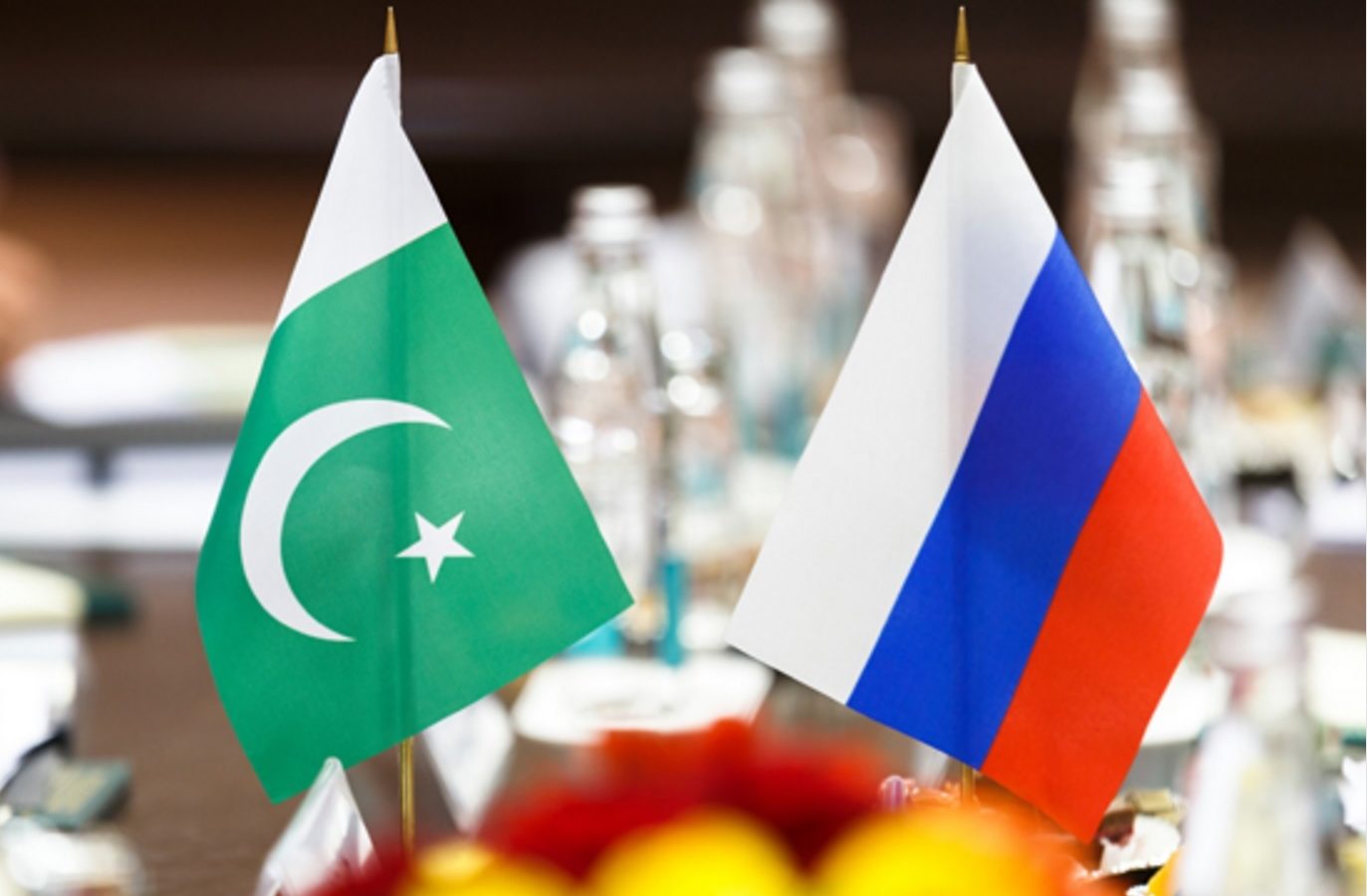
THE end of WW-II in August 1945 ushered in the era of the cold war. The entire world community was divided into two distinct antagonistic and hostile camps that is the capitalist camp led by the USA and the Communist Camp led by the (former) Soviet Union.
This division also laid the foundations of the nuclear arms race and the deadly fear of a nuclear war.
Relations between Pakistan and Russia since 1947 have remained under the shadow of Pak-US relations and many opportunities to improve relations with our superpower neighbour were missed due to our western tilt or suspicion of Russian Indian alliance.
Diplomatic relations between the two countries were established in May 1948 and Pakistan’s first Ambassador to Moscow took charge as late as December 1949 so even the establishment of diplomatic ties took a long time.
Pakistan in the early days faced enormous economic challenges, shortage of civil and military assets, human resource constraints and constitutional problems and was in desperate and urgent need of financial and military aid from abroad.
Pakistan was now weighing and balancing its alliance possibilities in proportion to the assistance offered for aiding and helping its teething problems.
Right wing intellectuals and some media experts condemned the Soviet Union because of its communist system and it was believed that Islam is closer to the capitalist system of governance.
In May 1949 the Soviet Union extended an invitation to Pakistan’s Prime Minister Liaquat Ali Khan and this could have been the turning point in Pakistan-Soviet relations, Liaquat Ali Khan, however chose to visit the USA which was seen by the Soviet Union as a clear diplomatic rebuff and insult.
Pakistan’s very warm and cordial response to the overtures by the USA helped improve ties further between India and the Soviet Union.
The last nail in the coffin of friendly relations between Pakistan and Russia proved to be Pakistan’s membership of SEATO (1954) and CENTO (1955) both military pacts headed by the USA and designed to confront the Communist Bloc Warsaw Pact headed by the Soviet Union.
During the same period our policy planners committed the supreme blunder of providing the Americans facilities of an airbase in Peshawar and a radar base to spy on the Soviet Union.
The [in-]famous US spy plane the U-2 flown by the CIA pilot Francis Gary Powers was shot down by the Russians and the Soviet Premier in a resounding speech in the UN threatened to wipe Peshawar off the face of the earth for any such future provocations.
Pakistani planners instead of looking after our own national interests danced to the tune of the Western powers and managed to make an enemy of our next door superpower.
The next phase in the relations between the two countries can be seen in the back drop to the 1965 India-Pakistan War.
Pakistan’s initiative in the form of Operation Gibraltar was condemned by the world community and subsequently the USA did not support Pakistan’s war effort despite our membership of SEATO and CENTO.
The USSR now emerged overnight as the biggest supplier of arms and military hardware to India further straining relations with Pakistan.
The Soviet Union played a major role in brokering a peace agreement between India and Pakistan known as the Tashkent Agreement.
At this stage Pakistan was rather reluctant to come closer to Russia because by 1961 China and the Soviet Union were at loggerheads because of their difference of opinion regarding the Communist ideology.
The 1971 war was another shocking event in the relationship between the two countries.
Pakistan did not receive help or encouragement from the western alliance and the Soviet Union signed a treaty of Peace and Friendship with India.
The Soviet Union openly supported India and was sympathetic to the Mukti Bahini and used the occasion to damage its opponents.
The traumatic defeat of the 1971 war resulted in the regime of Z A Bhutto who initiated the policy of “Look East” and this period brought a brief improvement in Pakistan-Russia relations.
In March 1972 Bhutto paid a state visit to the Soviet Union and became the first Prime Minister to visit the Soviet Union since 1947.
From 1973 to 1979 both countries enjoyed a better relationship and the Karachi Steel Mills became a reality by Soviet help.
In 1979 the Soviets invaded Afghanistan and this was another major milestone in Pakistan Russian relations.
It is believed that the Soviet Union had assured Pakistan that they will not cross the Durand Line and asked Pakistan to remain neutral in this conflict, but ironically Pakistan threw its weight behind the Western Alliance and Saudi Arabia once again and many believe that Pakistan’s help of the Afghan resistance fighters against the Soviet Union was in retaliation to its support to India during the 1965 and 1971 War.
During 1994-1995 Russian Pakistan relations could have improved but this opportunity was lost when Pakistan recognized the Taliban as the legitimate Government of Afghanistan.
Then again came another opportunity when Nawaz Sharif visited the Kremlin in April 1999 and then again Musharraf’s visit to Moscow in 2003 resulted in a thaw in relations and the establishment of a joint working group.
—The writer is Professor of History.
Source: https://pakobserver.net/pakistan-russia-relations-by-tariq-aqil/


